Everyday we sit down to dinner as a family and we always ask “what was your favourite/least favourite thing” of the day. My youngest told me his favourite was writing a speech that day. It was all about living with blindness.
He has given me permission to share his speech with you.
Living with Blindness
You can see me but I can’t see you. Do you know why I can’t see you? It’s because I am blind.
I was due on New Years Day 2006 but was born almost 11 weeks early, in October 2005. This is what they believe contributed to me being blind. (He has Retinopathy of Prematurity Stage V in both eyes)
Being blind has been a very interesting journey through life, a journey that is nowhere near over.
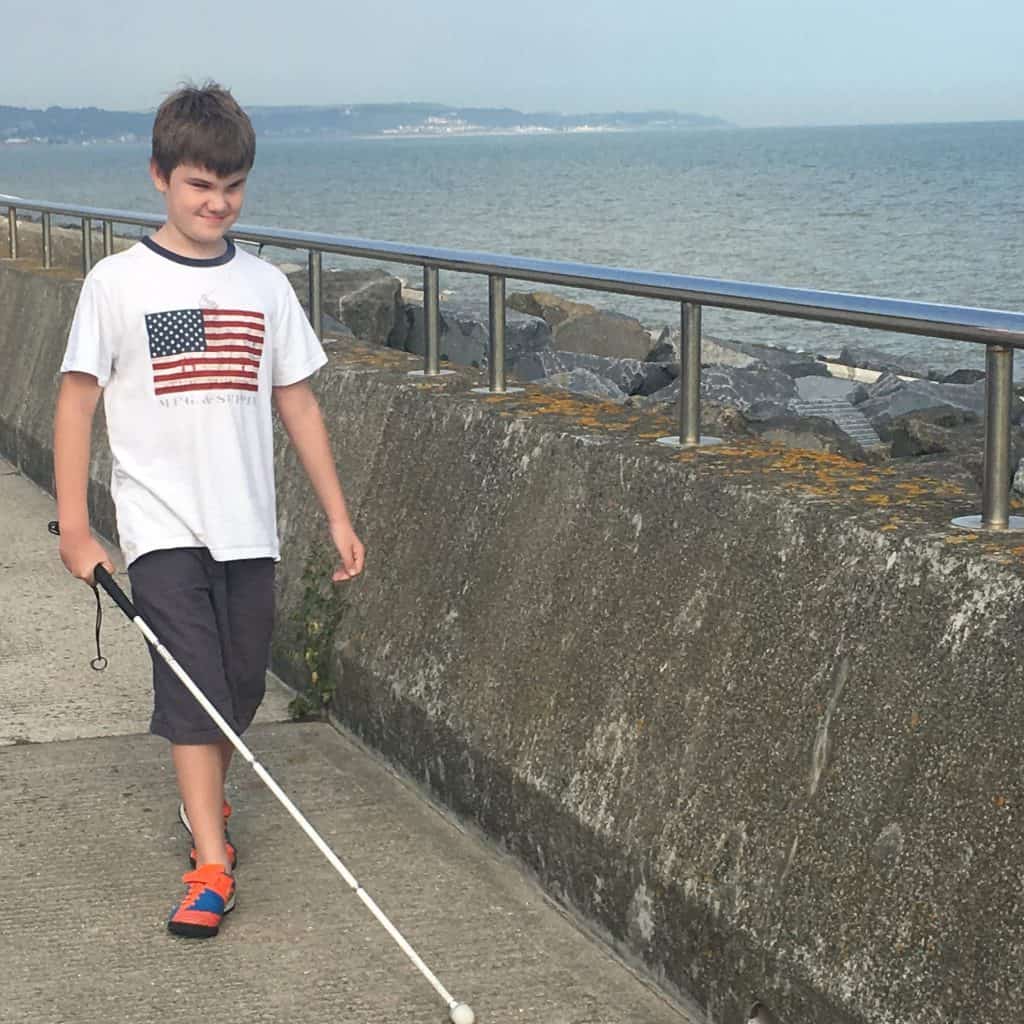
Overall, I have enjoyed the many experiences of my life. Being blind can however, affect the trust I have in peoople. For example, if my Mum hands me my school blazer, how do I know that it isn’t a different colour from everybody else’s?
I also have to be aware of my surroundings when I am out using my cane. I can only tell if a car is coming by listening for it. If I need to cross the road, I have to know which side of the road the traffic is on.
One challenge we all have to face in life is negativity. Some people can treat me negatively because I am blind.
Fortunately, it is very rare for someone to approach me and make fun of me being blind but it has happened.
I have a twin sister who can see but she has speech problems. I also have an older brother who isn’t blind but has autism and hydrocephalus.
I was also diagnosed with autism in 2016. Having autism means my brain behaves differently to yours which means I like routine and do not like big changes. This means I would find it very difficult to move house. This would have an impact on my autism, it would also have a very big effect on my blindness. Where I live at the moment, I know where everything is and where all the rooms are located but if we were to move, I would have to learn where everything is.
I pray every night that we don’t move house.
I think everyone should live blind-folded for at least one day to know how being blind feels. The simple things people take for granted I’ve had to learn. One of these includes navigating around the school and finding my classrooms. I am still not very good at this and have to rely on two teaching assistants. We find people are very inconsiderate when going through doors and walking towards me. They seem to forget I’m blind and can’t see them walking towards me and they walk straight into me, this even includes some teachers.
Being born blind isn’t as bad as some people think because when you are born blind, you don’t know any different, it’s just part of me. It’s different for those who are born sighted and lose their sight later in life as it takes lots of adjustments for them to get used to it. They have to learn to do everything in the dark and that takes courage and determination.
If I had been given the choice between having sight and losing it or being born blind, I would choose being born blind because if you have never had it, you don’t miss it.
I will end my speech by saying please don’t feel sorry for me because I really don’t need or want people’s sympathy.
My thoughts
To say I was emotional when he was telling me about this speech would be an understatement. Hearing that he was happy with his life and he doesn’t want sympathy was great. I have talked about how I feel about sympathy previously.
I also love that he sticks two fingers up to political correctness and says “blind” not sight/visually impaired. We have always used the word blind so it has no power to offend or upset him. Also, he dislikes being referred to as “impaired”, who wouldn’t?
We could not be prouder of this boy. When he was diagnosed in NICU, we thought we would never get over it. Here we are, 13 years later, and never a day goes past when this boy doesn’t make us genuinely laugh out loud.
Don’t get me wrong, it hasn’t all been a walk in the park. We have cried and we have faced many challenges (don’t get me started on his previous secondary school or some of the management at his primary school) and I am sure there will be more challenges ahead but I think we’re doing ok.
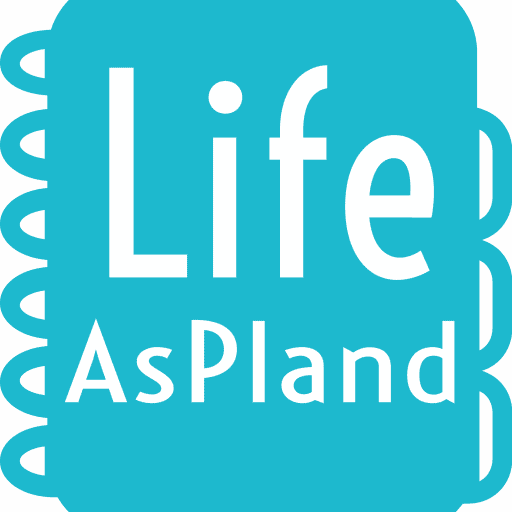
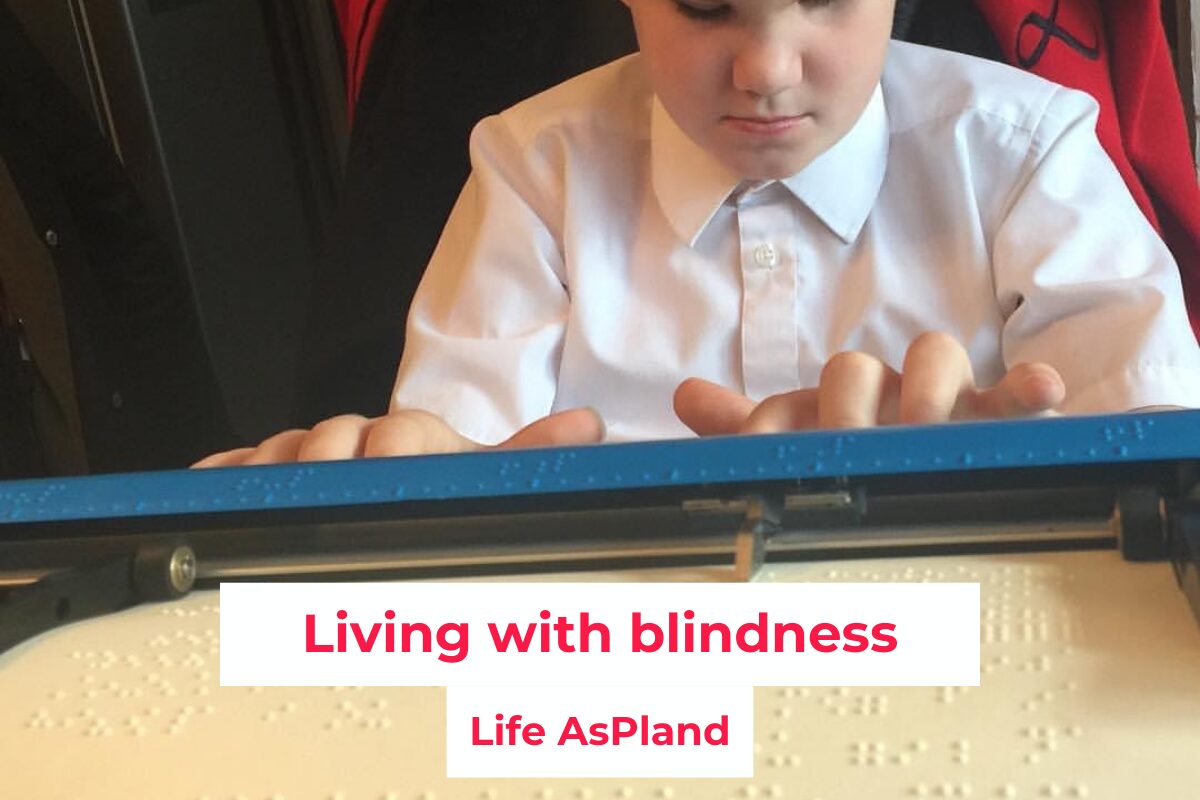
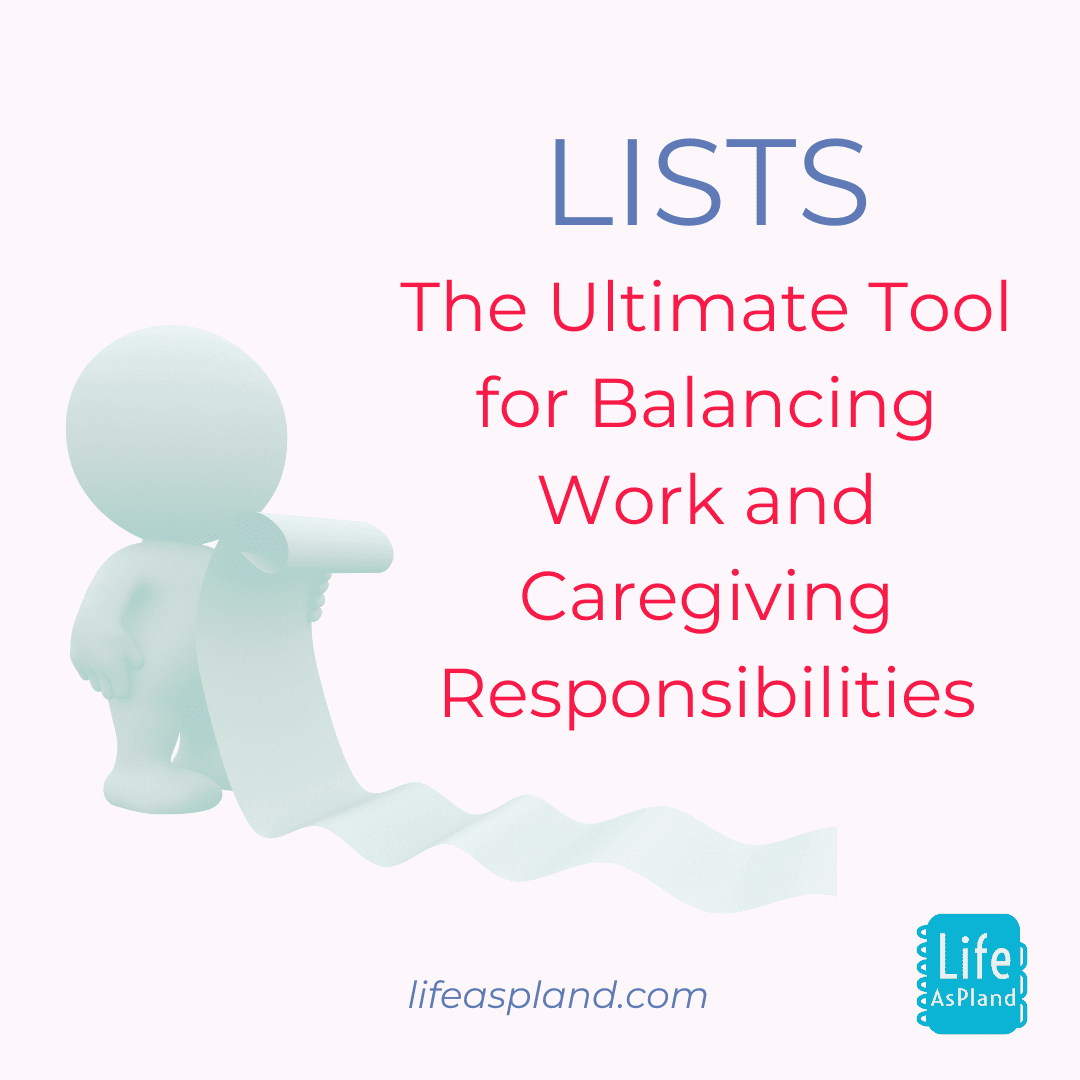
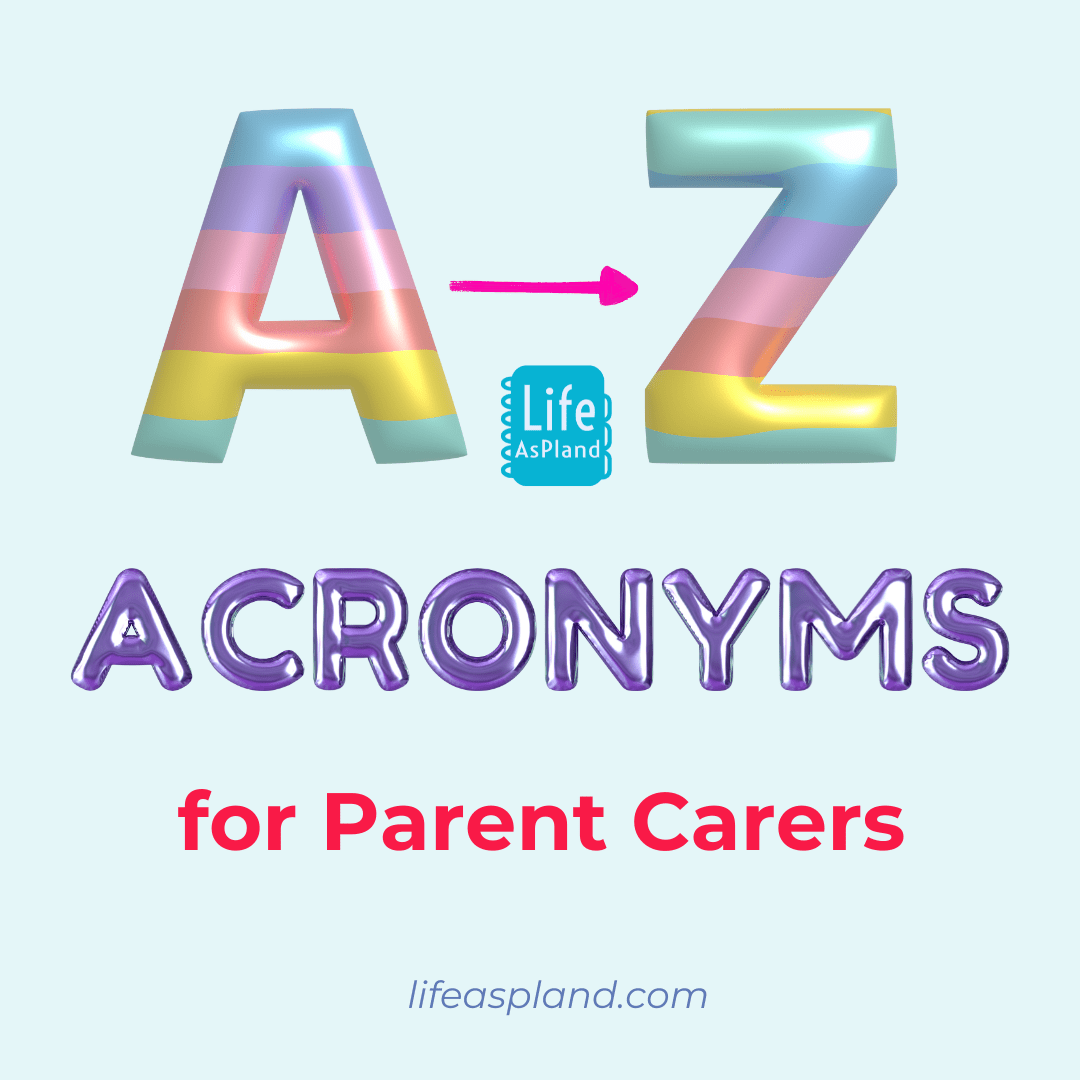
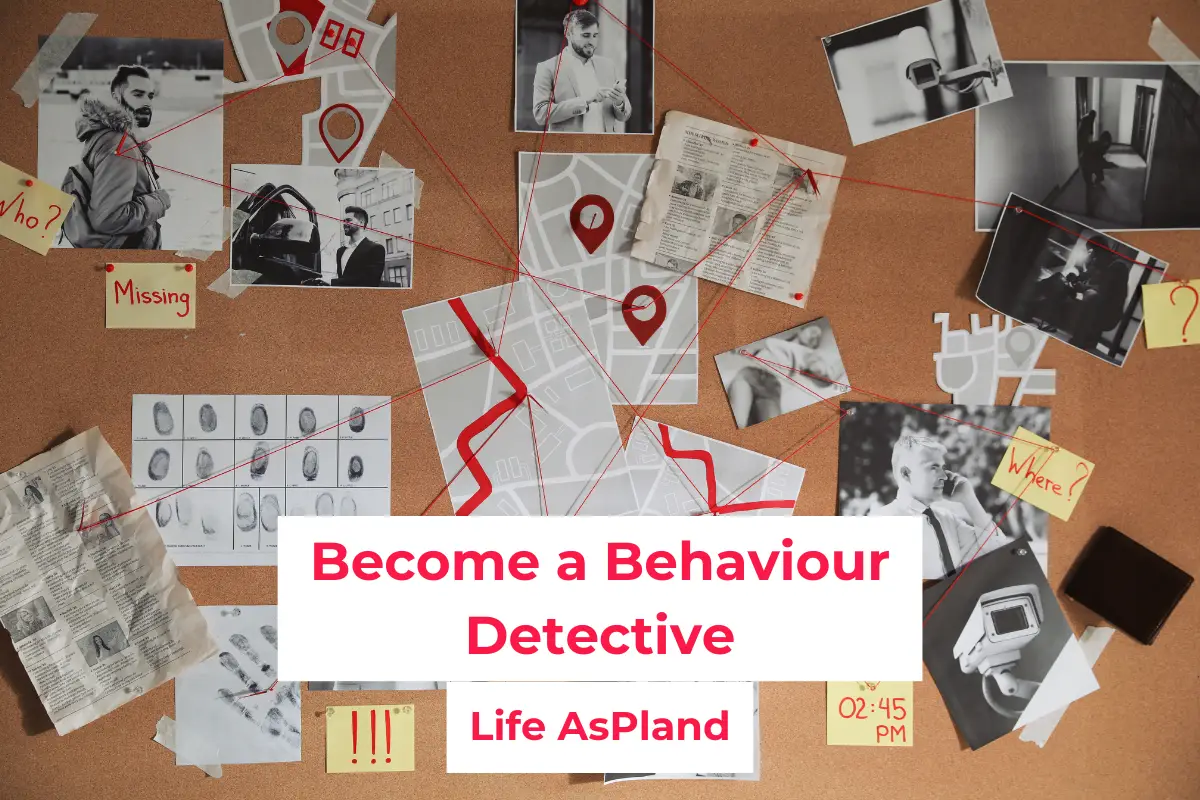
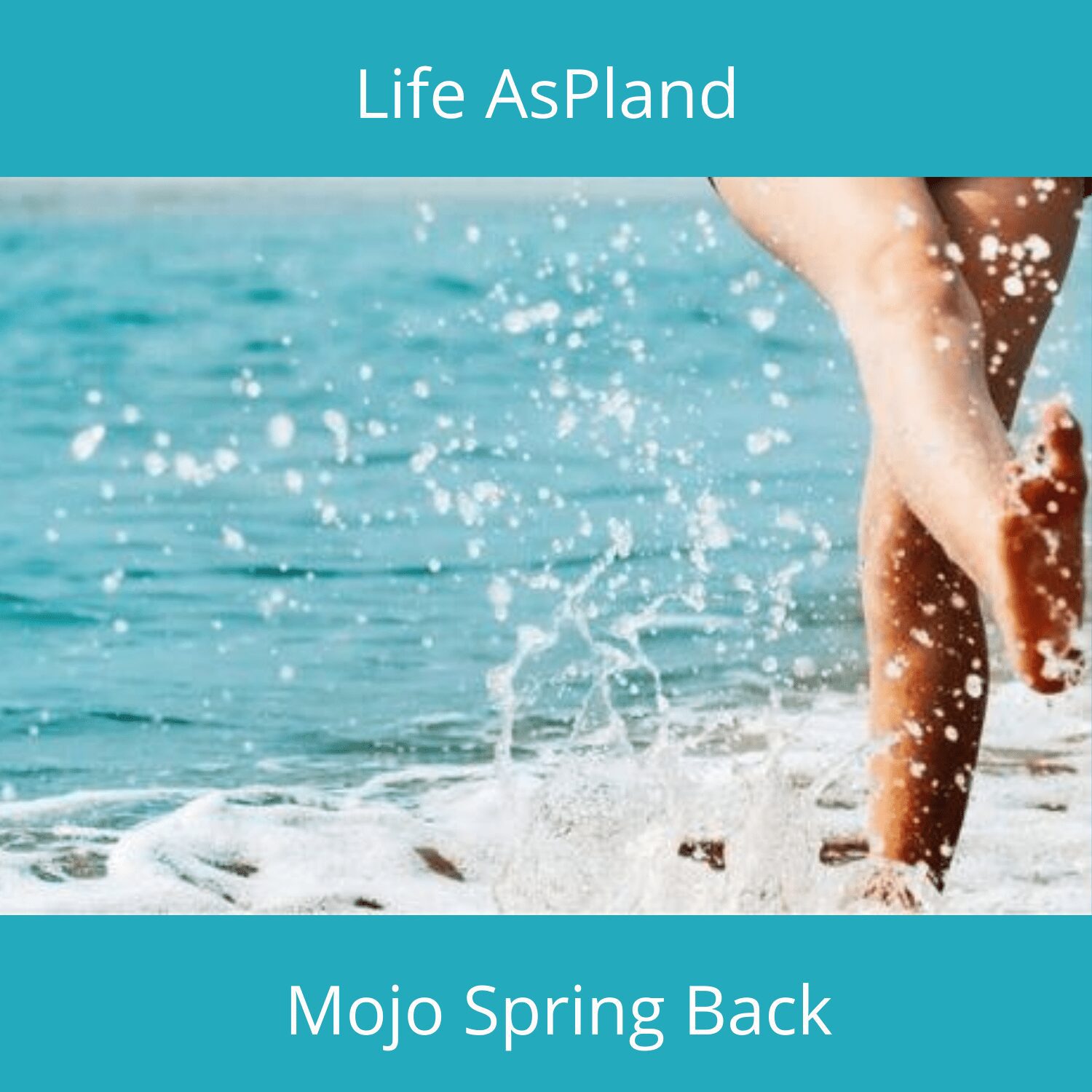

4 Comments
This is amazing! It’s so good to hear directly from him, as its his true feelings. I don’t feel sorry for him, I feel bloody proud!
Am definitely sure you are doing more than OK. He’s growing up with your can-do attitude and that will carry him a long way! x
What a great, proud and confident speech Debs. Our biggest success as parents is when our children grow up to feel good about themselves and to feel valued. Our disabled young people face prejudice and discrimination every day of their lives. How we feel about them impacts how they feel about themselves. Your family has remained positive about one another and treated each other with respect, dignity and above all LOVE. Thank you for sharing.
Wow what a powerful and confident speech Debs. Its written with a heart on my sleeve feel and its lovely to hear from you son . I am looking forward to meeting your family one day 🙂